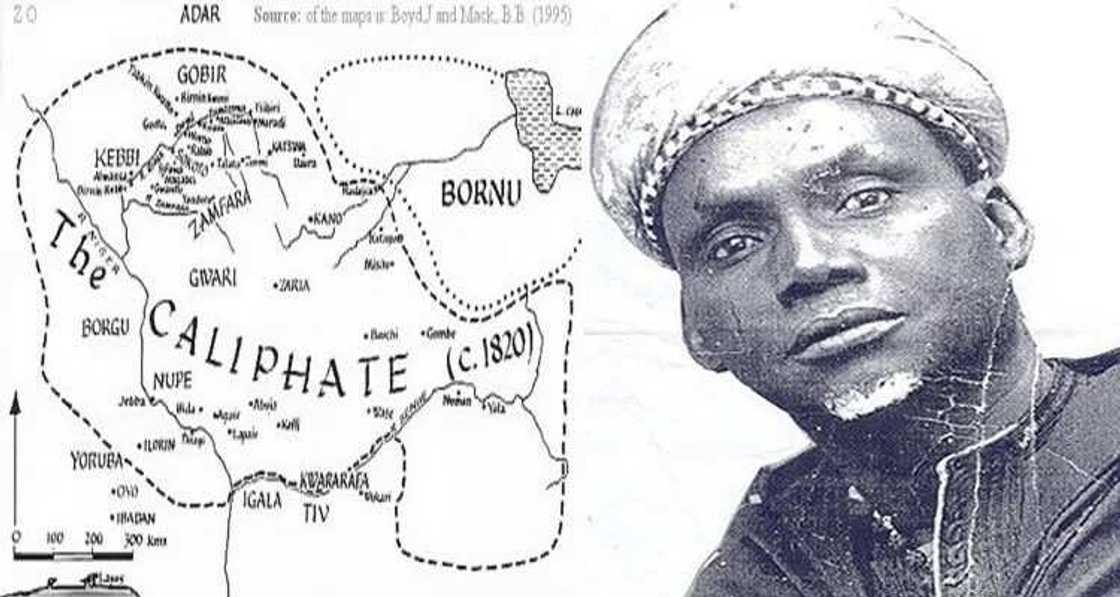
The Oyo Empire: Power, Influence, and Legacy in Pre-Colonial West Africa
The Oyo Empire, one of the most prominent and powerful empires in West Africa, played a central role in the political, military, and economic history of pre-colonial Nigeria. Flourishing from the 14th century until the 19th century, the Oyo Empire was a Yoruba kingdom that wielded substantial influence across the region. Its legacy is remembered for its sophisticated military organization, unique political structure, and lasting cultural contributions.
Origins and Early Development of the Oyo Empire
The roots of the Oyo Empire lie in the Yoruba city-state of Ile-Ife, considered the cultural and religious center of the Yoruba people. According to Yoruba mythology, Ile-Ife is the birthplace of humanity, and it was from this city-state that the early leaders of Oyo derived their authority and legitimacy.
Oyo was initially a small kingdom, but its location in the savanna region of what is now southwestern Nigeria enabled it to expand by controlling trade routes and utilizing its skilled cavalry for military conquests. Under the rule of its legendary founder, Oranyan, who was a prince of Ile-Ife, the Oyo kingdom began to gain power and influence in the region.
Rise to Power and the Height of Oyo’s Influence
By the 17th and 18th centuries, the Oyo Empire had reached its height, controlling vast territories that included parts of modern-day Nigeria, Benin, and Togo. This period marked Oyo’s peak in military strength and political influence, with an empire stretching from the coastal regions to the savanna.
One of Oyo’s strengths lay in its highly organized military, particularly its cavalry forces. The empire’s use of mounted warriors, unprecedented in much of West Africa, allowed it to expand its territory rapidly and maintain control over its dominions. These cavalry units were effective in the open savanna, enabling swift and decisive military campaigns that consolidated Oyo’s power.
The Role of the Alaafin and Oyo Mesi
The governance of the Oyo Empire was a well-organized monarchy led by the Alaafin, the king of Oyo. While the Alaafin held supreme authority, the empire also had a unique system of checks and balances that ensured no single leader wielded absolute power. A powerful council known as the Oyo Mesi, composed of seven key chiefs, acted as advisors to the Alaafin and maintained influence over decisions affecting the kingdom.
The Oyo Mesi could limit the Alaafin’s power if they felt he was ruling poorly. If an Alaafin was deemed to have lost his right to rule, the Oyo Mesi could compel him to commit ritual suicide. This balance of power between the Alaafin and Oyo Mesi helped maintain stability and prevent abuse of power within the empire.
Economic Activities and Trade Networks
The Oyo Empire thrived on a diversified economy based on agriculture, trade, and tribute from subordinate states. The fertile lands within Oyo’s territory allowed for extensive farming of crops such as yams, millet, and maize, which supported the empire’s large population.
Oyo’s strategic location along key trade routes facilitated its involvement in both regional and trans-Saharan trade. The empire traded with northern states in the Sahel region and southern coastal states, exchanging goods like kola nuts, ivory, and textiles. In return, it imported salt, horses, and luxury items from North Africa.
Through its control of trade routes, Oyo amassed wealth and strengthened its influence over neighboring territories. Its capital, Oyo-Ile, became a bustling center of commerce and culture, attracting merchants from various parts of West Africa.
Relations with European Powers
During the height of the Atlantic slave trade, the Oyo Empire engaged in commerce with European merchants, particularly the Portuguese and the British. The empire traded slaves captured during military campaigns for European firearms, which further strengthened its military capabilities.
While Oyo participated in the slave trade, it maintained control over the terms of trade to protect its interests. The empire’s engagement with European traders marked an era of increased wealth, but it also contributed to internal challenges that would later affect its stability.
Religion and Culture
The Yoruba people of the Oyo Empire practiced a rich religious tradition centered around the worship of various deities known as Orishas. Each Orisha represented different aspects of life and nature, such as Ogun (god of iron and war) and Sango (god of thunder and lightning). The Alaafin himself was considered a divine figure and an intermediary between the people and the gods.
The religious practices of the Oyo Empire included elaborate rituals, festivals, and ceremonies to honor the gods and ensure the empire’s prosperity. Traditional art, music, and dance played significant roles in these practices, enriching Yoruba culture and providing a sense of identity that endures to this day.
Decline and Legacy of the Oyo Empire
In the early 19th century, the Oyo Empire began to decline due to a combination of internal conflicts and external pressures. The empire’s reliance on slave raids and military campaigns led to political instability, while revolts among subordinate states weakened its influence.
The final blow came with the Fulani jihad led by Usman dan Fodio, which swept through northern Nigeria and disrupted the Oyo Empire’s hold over its territories. By the 1830s, the empire had fractured, and its once-great capital of Oyo-Ile was abandoned.
Despite its fall, the Oyo Empire left a profound legacy in Nigeria. The political and cultural practices of the Yoruba people today are deeply rooted in Oyo’s traditions, and the empire’s art, religion, and governance structures continue to influence contemporary Yoruba society.
Conclusion
The Oyo Empire stands as a testament to the strength and sophistication of African civilizations before colonial interference. Its influence on Yoruba culture, political structures, and religious practices remains one of the enduring legacies of Nigeria’s history. Understanding the Oyo Empire provides insight into the cultural richness of the Yoruba people and the historical significance of pre-colonial West African empires.
Recommended Video
For more on the Oyo Empire, watch this video that explores its history, governance, and influence on West African culture.



